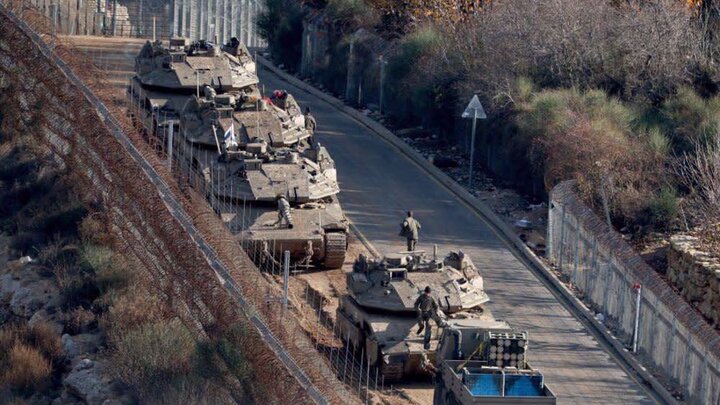On Friday, the Arab League issued a resolution strongly condemning Israel for its recent encroachment into the Syrian buffer zone, particularly within the Golan Heights. The League emphasized that Arab nations had formally approached the United Nations Security Council to convene a session addressing Israel’s actions against Syria.
In a statement, the Egyptian Foreign Ministry outlined that Egypt, together with several other Arab states, had initiated a meeting at the Arab League’s Cairo headquarters. This gathering involved permanent representatives from member countries to discuss and formulate a unified stance on Israel’s expanding occupation of Syrian territory.
The Israeli military moved swiftly after the fall of Bashar al-Assad’s regime on December 8, seizing control of the buffer zone in the Golan Heights, following the breakdown of a long-standing UN-mediated disengagement agreement between Israel and Syria. Israeli Prime Minister Benjamin Netanyahu declared the agreement null after Assad’s government collapsed, paving the way for the Israeli military’s occupation.
The Israeli army launched a series of intensive airstrikes across Syria, targeting strategic sites such as military bases, air defense systems, intelligence centers, and missile depots. The strikes also focused on facilities housing unconventional weapons, exacerbating tensions in the region.
At the Arab League meeting, the resulting resolution condemned Israel’s actions, particularly the intrusion into the buffer zone and the surrounding areas, including the strategic Mount Hermon. The Arab League labeled these moves as a clear violation of the 1974 disengagement agreement between Israel and Syria, which had delineated a demilitarized zone and defined buffer zone borders.
The world should hold Israel accountable; the League said
The League also called on the global community to hold Israel accountable, urging that international law be enforced, particularly United Nations Resolution 497 of 1981, which demands Israel’s withdrawal from the occupied Golan Heights.
Since Israel’s occupation of the Golan Heights in 1967, the area has remained a point of contention. The 1974 agreement was a crucial attempt to reduce tensions between Israel and Syria by creating a buffer zone, but Israel’s recent actions have violated this framework, reigniting calls for international intervention.
Bashar al-Assad, who had ruled Syria with an authoritarian grip for over two decades, fled to Russia on December 8 after anti-regime forces, including fighters from Hayat Tahrir al-Sham (HTS), seized control of key cities. Their rapid offensive, which saw several major urban centers fall in under two weeks, marked a definitive end to Assad’s rule and set the stage for Israel’s further military maneuvers in the region. The broader implications of these developments continue to unfold, with increasing regional and global concern over the stability of Syria and the wider Middle East.








